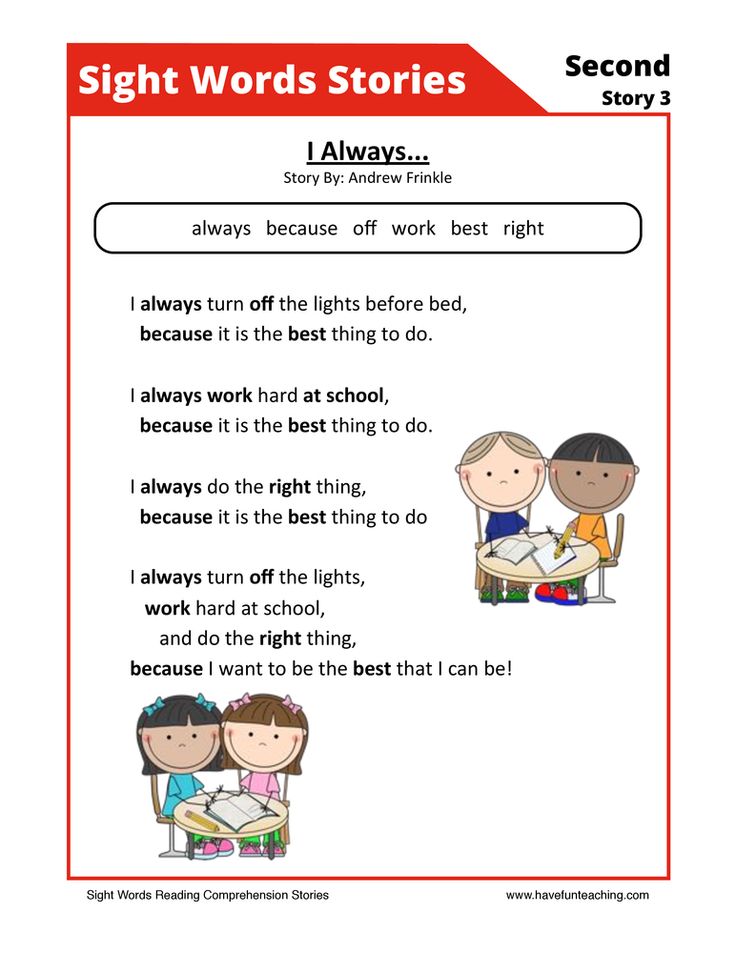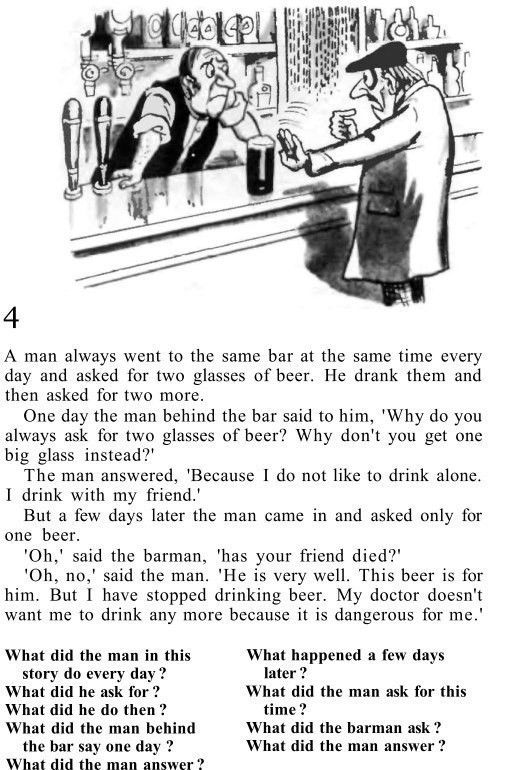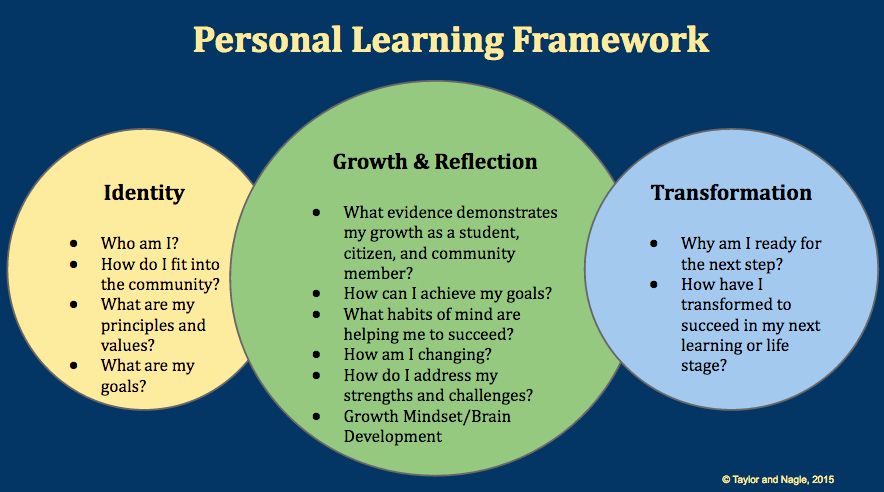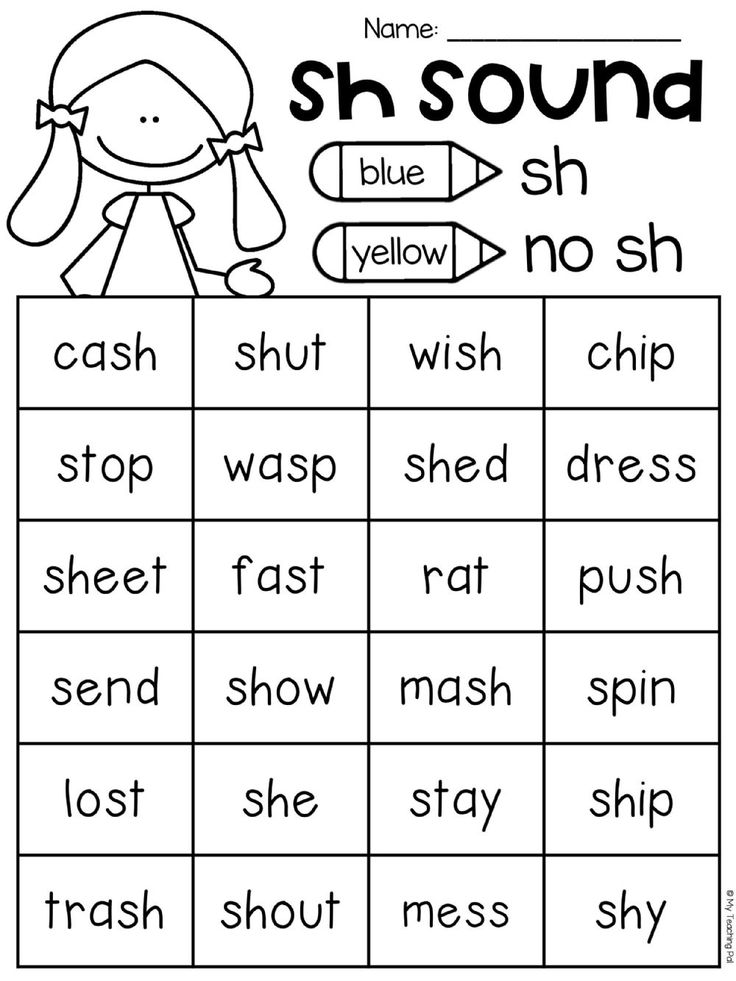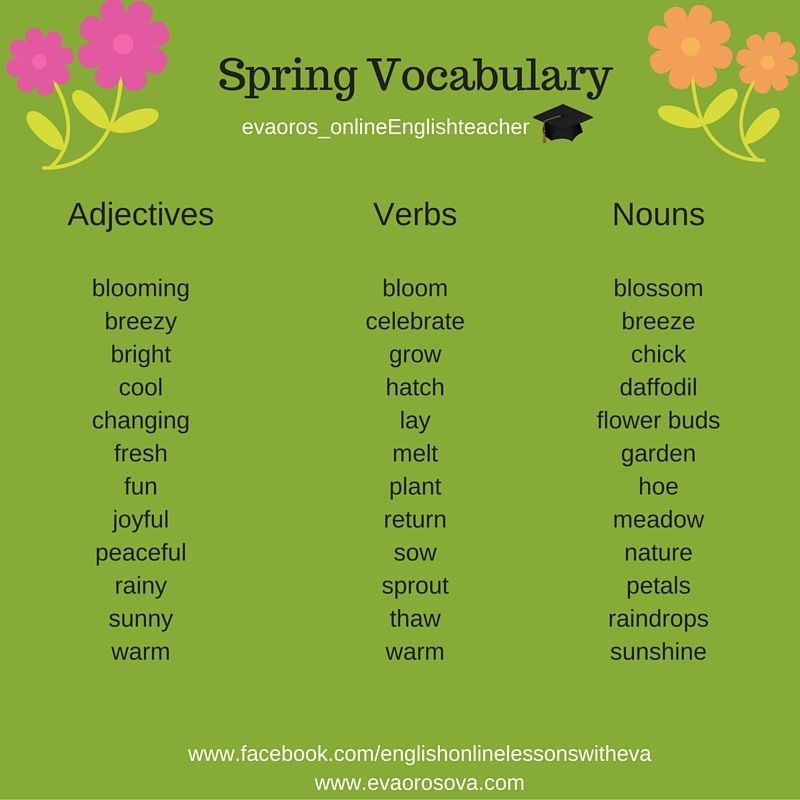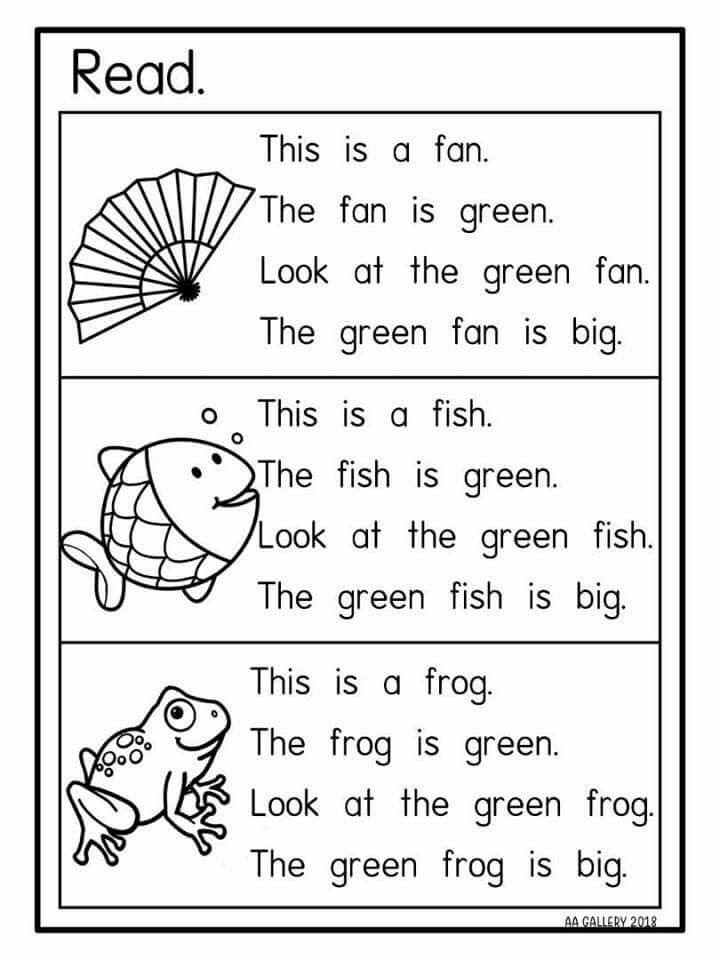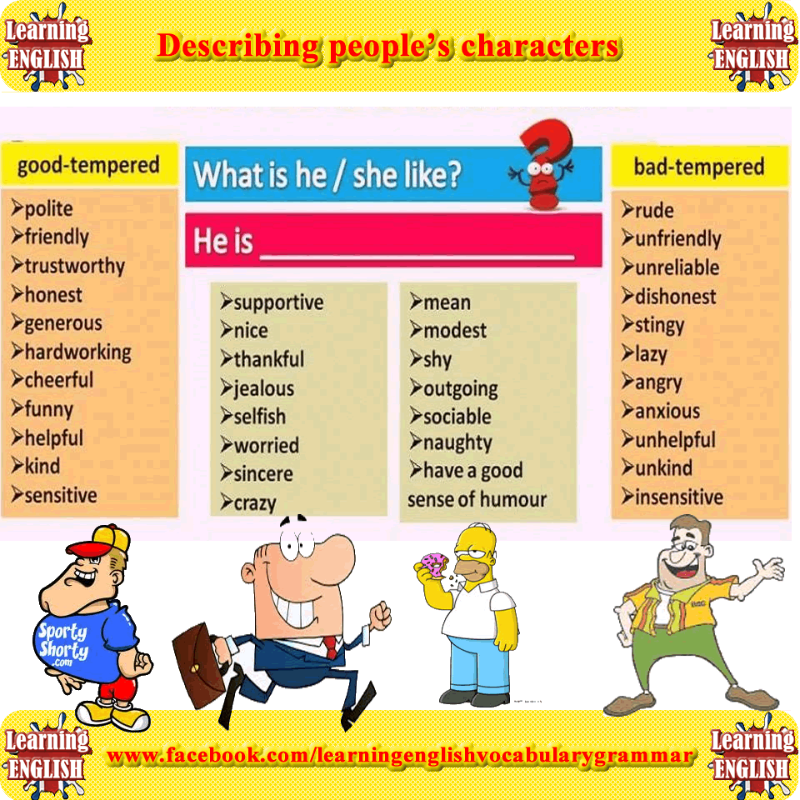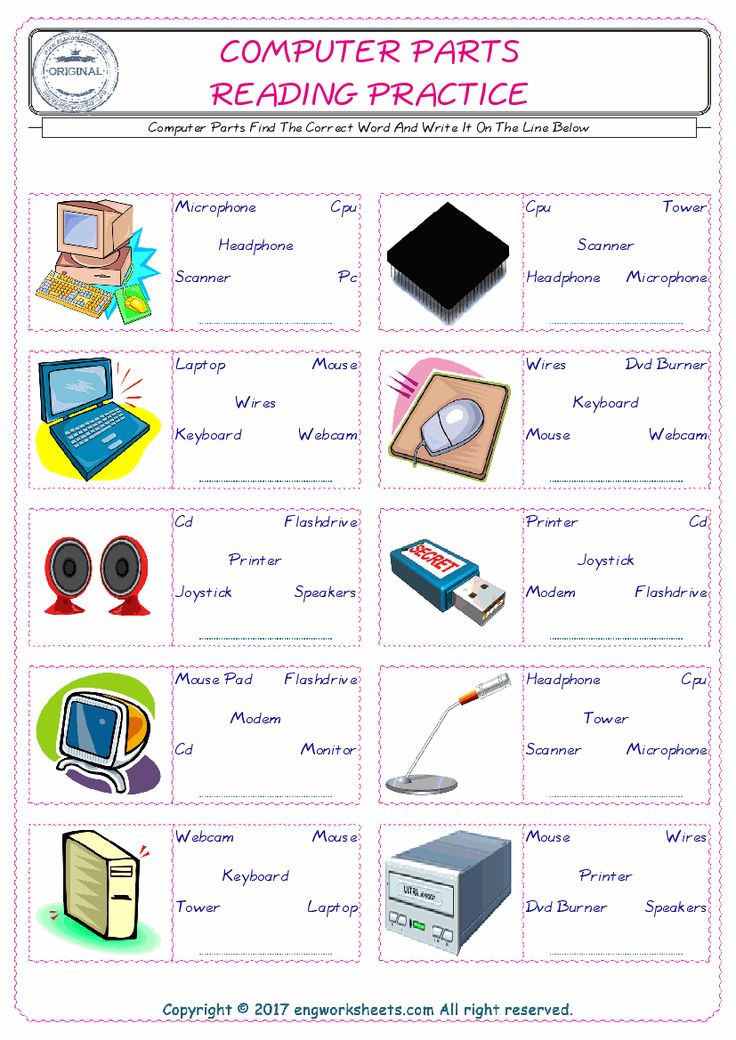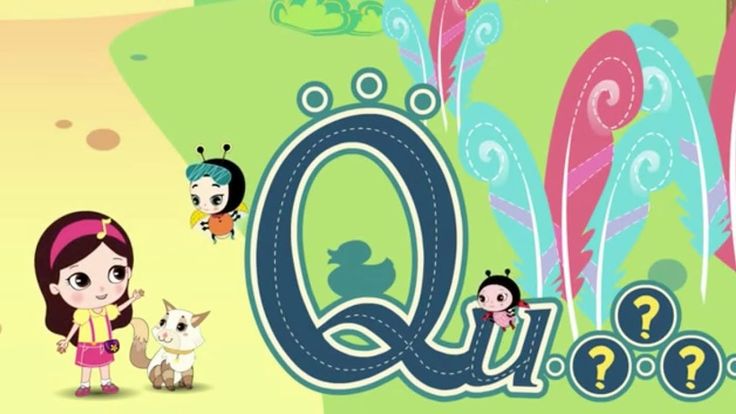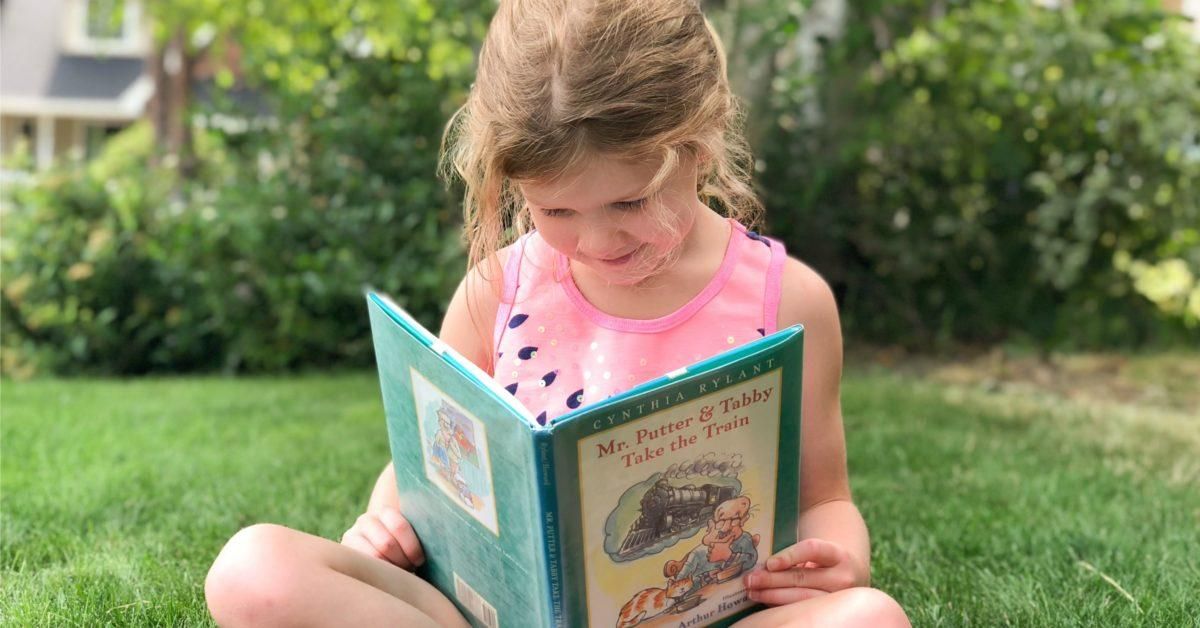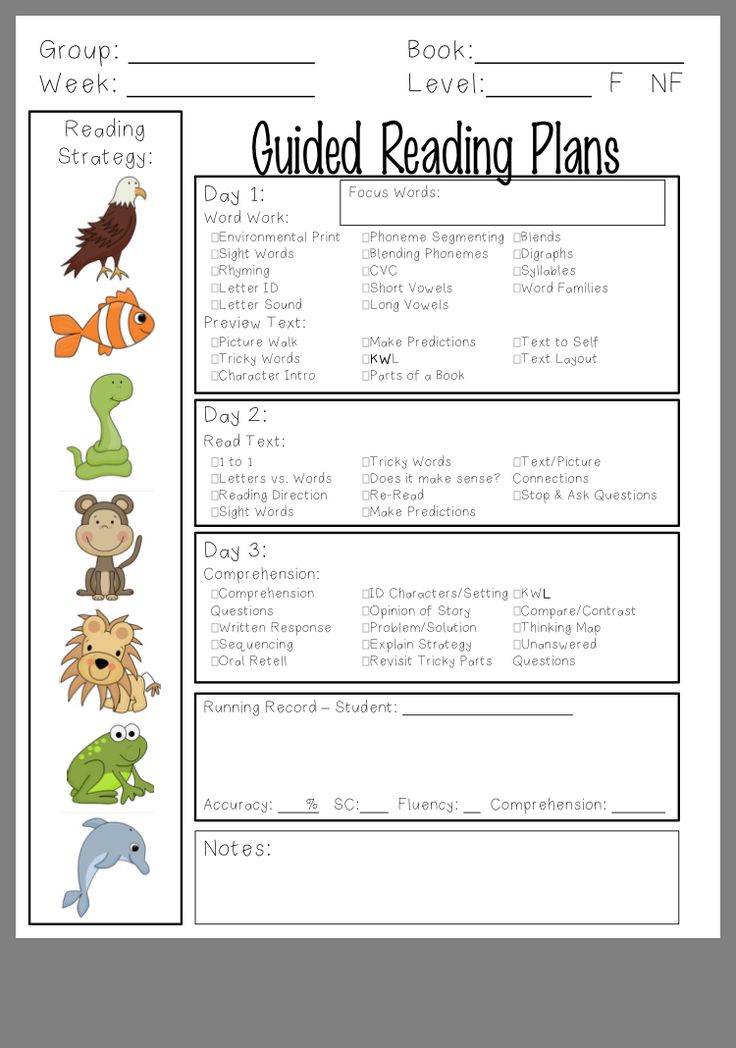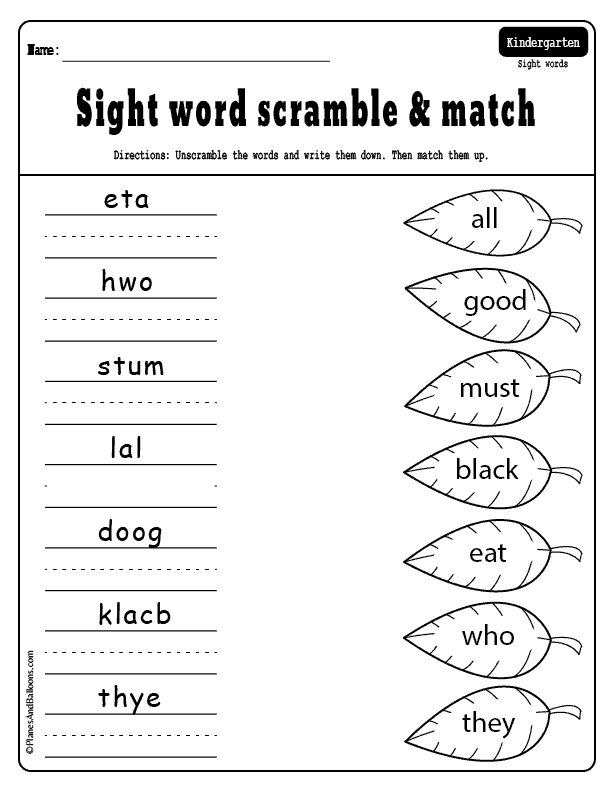Sight words for reading
Teach Your Child to Read
Print your own sight words flash cards. Create a set of Dolch or Fry sight words flash cards, or use your own custom set of words.
More
Follow the sight words teaching techniques. Learn research-validated and classroom-proven ways to introduce words, reinforce learning, and correct mistakes.
More
Play sight words games. Make games that create fun opportunities for repetition and reinforcement of the lessons.
More
Learn what phonological and phonemic awareness are and why they are the foundations of child literacy. Learn how to teach phonemic awareness to your kids.
More
A sequenced curriculum of over 80 simple activities that take children from beginners to high-level phonemic awareness. Each activity includes everything you need to print and an instructional video.
More
Teach phoneme and letter sounds in a way that makes blending easier and more intuitive. Includes a demonstration video and a handy reference chart.
More
Sightwords.com is a comprehensive sequence of teaching activities, techniques, and materials for one of the building blocks of early child literacy. This collection of resources is designed to help teachers, parents, and caregivers teach a child how to read. We combine the latest literacy research with decades of teaching experience to bring you the best methods of instruction to make teaching easier, more effective, and more fun.
Sight words build speed and fluency when reading. Accuracy, speed, and fluency in reading increase reading comprehension. The sight words are a collection of words that a child should learn to recognize without sounding out the letters. The sight words are both common, frequently used words and foundational words that a child can use to build a vocabulary. Combining sight words with phonics instruction increases a child’s speed and fluency in reading.
This website includes a detailed curriculum outline to give you an overview of how the individual lessons fit together.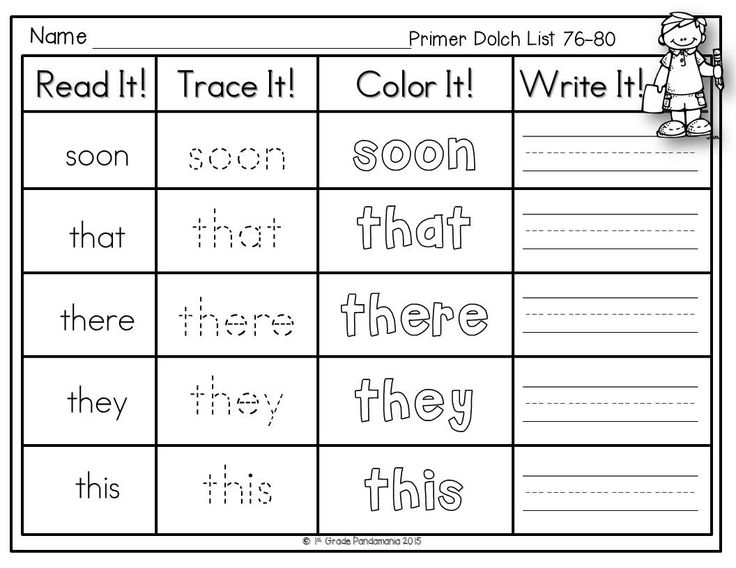 It provides detailed instructions and techniques to show you how to teach the material and how to help a child overcome common roadblocks. It also includes free teaching aids, games, and other materials that you can download and use with your lessons.
It provides detailed instructions and techniques to show you how to teach the material and how to help a child overcome common roadblocks. It also includes free teaching aids, games, and other materials that you can download and use with your lessons.
Many of the teaching techniques and games include variations for making the lesson more challenging for advanced students, easier for new or struggling students, and just different for a bit of variety. There are also plenty of opportunities, built into the lessons and games, to observe and assess the child’s retention of the sight words. We encourage you to use these opportunities to check up on the progress of your student and identify weaknesses before they become real problems.
Help us help you. We want this to be a resource that is constantly improving. So please provide us with your feedback, both the good and the bad. We want to know which lessons worked for your child, and which fell short. We encourage you to contribute your own ideas that have worked well in the home or classroom.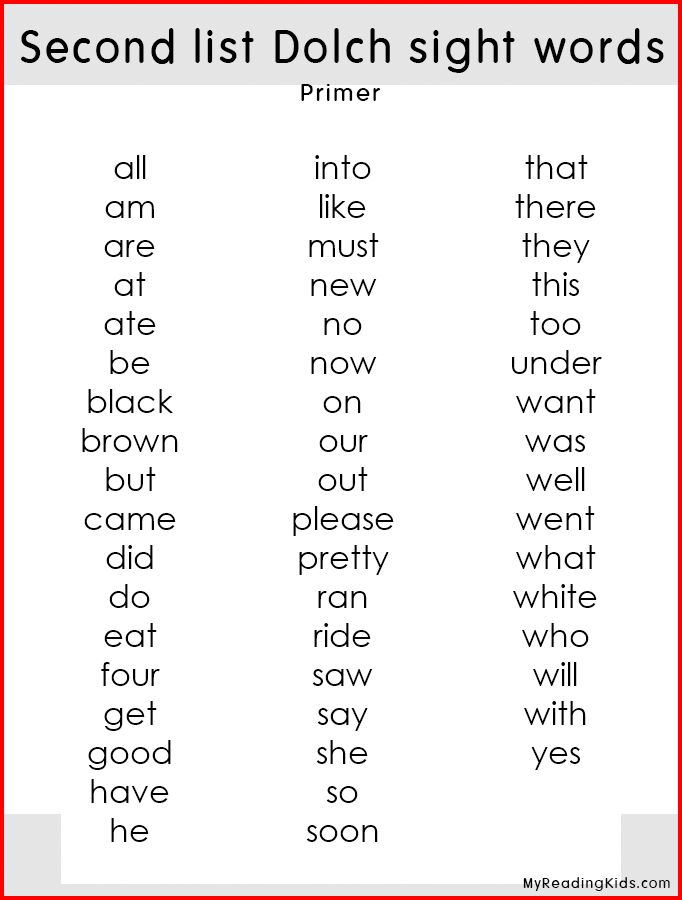 You can communicate with us through email or simply post a response in the comments section of the relevant page.
You can communicate with us through email or simply post a response in the comments section of the relevant page.
Dolch Sight Words List | Sight Words: Teach Your Child to Read
All the Dolch sight word lists, divided by grade, also available as printable PDFs.
More
Five techniques for teaching Dolch sight words. Learn proven ways to introduce words, reinforce learning, and correct mistakes.
More
Print a set of Dolch sight word flash cards, or use our generator to create your own custom cards.
More
Print cards and game boards for 18 Dolch sight word games. A fun way to reinforce sight words lessons!
More
The Dolch Sight Words list is the most commonly used set of sight words. Educator Dr. Edward William Dolch developed the list in the 1930s-40s by studying the most frequently occurring words in children’s books of that era. The list contains 220 “service words” plus 95 high-frequency nouns.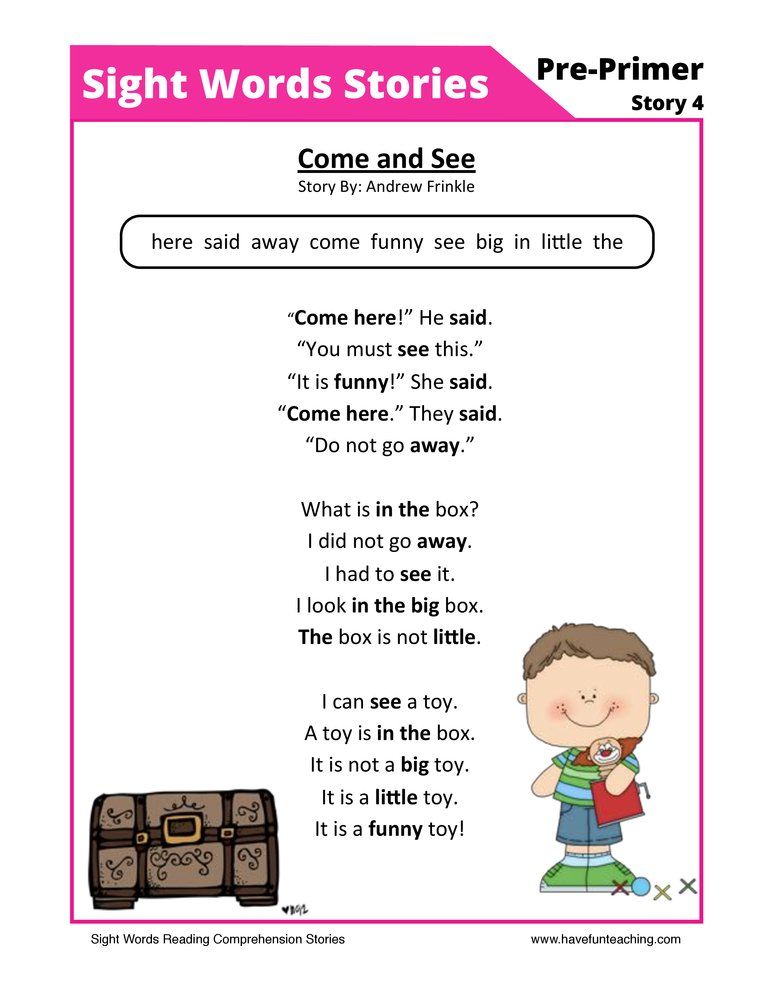 These words comprise 80% of the words you would find in a typical children’s book and 50% of the words found in writing for adults. Once a child knows this list of words, it makes reading much easier, because the child can then focus his or her attention on the remaining words.
These words comprise 80% of the words you would find in a typical children’s book and 50% of the words found in writing for adults. Once a child knows this list of words, it makes reading much easier, because the child can then focus his or her attention on the remaining words.
The Dolch words are commonly divided into groups by grade level, ranging from pre-kindergarten to third grade, with a separate list of nouns. There are a total of 315 Dolch Sight Words.
- Pre-K Dolch Sight Words
(40 words)a, and, away, big, blue, can, come, down, find, for, funny, go, help, here, I, in, is, it, jump, little, look, make, me, my, not, one, play, red, run, said, see, the, three, to, two, up, we, where, yellow, you
- Kindergarten Dolch Sight Words
(52 words)all, am, are, at, ate, be, black, brown, but, came, did, do, eat, four, get, good, have, he, into, like, must, new, no, now, on, our, out, please, pretty, ran, ride, saw, say, she, so, soon, that, there, they, this, too, under, want, was, well, went, what, white, who, will, with, yes
- First Grade Dolch Sight Words
(41 words)after, again, an, any, as, ask, by, could, every, fly, from, give, going, had, has, her, him, his, how, just, know, let, live, may, of, old, once, open, over, put, round, some, stop, take, thank, them, then, think, walk, were, when
- Second Grade Dolch Sight Words
(46 words)always, around, because, been, before, best, both, buy, call, cold, does, don’t, fast, first, five, found, gave, goes, green, its, made, many, off, or, pull, read, right, sing, sit, sleep, tell, their, these, those, upon, us, use, very, wash, which, why, wish, work, would, write, your
- Third Grade Dolch Sight Words
(41 words)about, better, bring, carry, clean, cut, done, draw, drink, eight, fall, far, full, got, grow, hold, hot, hurt, if, keep, kind, laugh, light, long, much, myself, never, only, own, pick, seven, shall, show, six, small, start, ten, today, together, try, warm
- Noun Dolch Sight Words
(95 words)apple, baby, back, ball, bear, bed, bell, bird, birthday, boat, box, boy, bread, brother, cake, car, cat, chair, chicken, children, Christmas, coat, corn, cow, day, dog, doll, door, duck, egg, eye, farm, farmer, father, feet, fire, fish, floor, flower, game, garden, girl, goodbye, grass, ground, hand, head, hill, home, horse, house, kitty, leg, letter, man, men, milk, money, morning, mother, name, nest, night, paper, party, picture, pig, rabbit, rain, ring, robin, Santa Claus, school, seed, sheep, shoe, sister, snow, song, squirrel, stick, street, sun, table, thing, time, top, toy, tree, watch, water, way, wind, window, wood
- All Dolch Sight Words by group
- All Dolch Sight Words in alphabetical order
Leave a Reply
20 reading texts for children aged 5-6-7-8
A child who has learned to put sounds into syllables, syllables into words, and words into sentences needs to improve his reading skills through systematic training.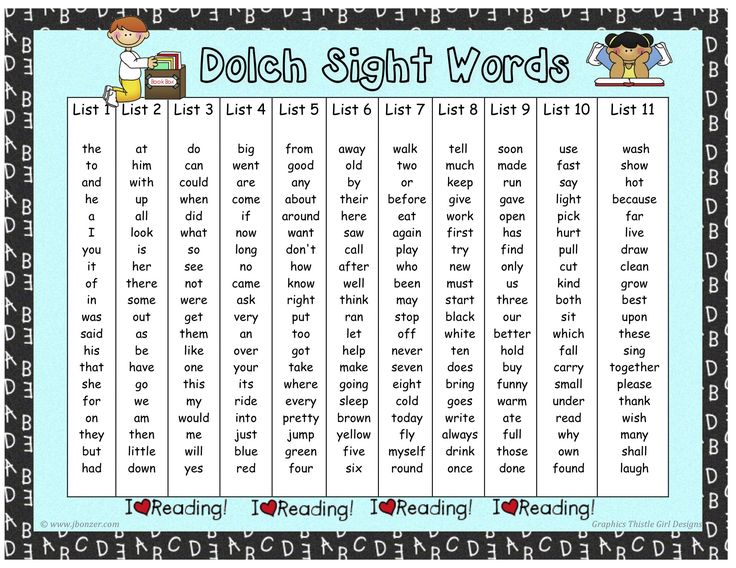 But reading is a rather laborious and monotonous activity, and many children lose interest in it. Therefore, we offer texts of small size , the words in them are divided into syllables.
But reading is a rather laborious and monotonous activity, and many children lose interest in it. Therefore, we offer texts of small size , the words in them are divided into syllables.
First read the work to the child yourself, and if it is long, you can read its beginning. This will interest the child. Then invite him to read the text. After each work, questions are given that help the child to understand what they have read and comprehend the basic information that they have learned from the text. After discussing the text, suggest reading it again.
Mo-lo-dets Vo-va
Ma-ma and Vo-va gu-la-li.
In-va ran-sting and fell.
It hurts no-ha, but Vo-va does not cry.
Wow!
B. Korsunskaya
Answer questions .
1. What happened to Vova?
2. What made him sick?
3. Why is Vova doing well?
Clever Bo-beak
Co-nya and co-ba-ka Bo-beak gu-la-li.
So-nya played-ra-la with a doll.
That's why So-nya in-be-zha-la to-my, and the doll for-would-la.
Bo-beek found a doll-lu and brought it to So-ne.
B. Korsunskaya
Answer the questions.
1. Who did Sonya walk with?
2. Where did Sonya leave the doll?
3. Who brought the doll home?
The bird made a nest on a bush. De-ti our nest-up and took off on the ground.
- Look, Vasya, three birds!
In the morning, deti came, and the nest was empty. It would be a pity.
L. Tolstoy
Answer questions.
1. What did the children do with the nest?
2. Why was the nest empty in the morning?
3. Did the children do well? How would you do?
4. Do you think this work is a fairy tale, a story or a poem?
Pete and Mi-sha had a horse. They began to argue: whose horse. Did they tear each other apart.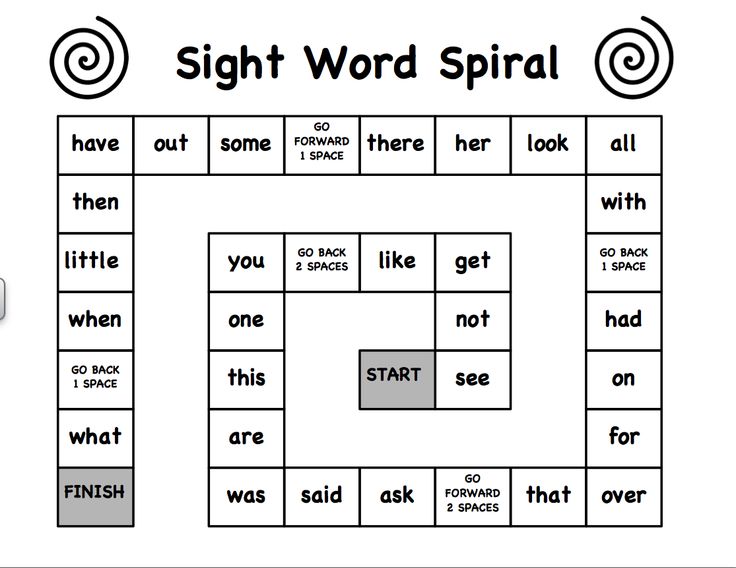
- Give me - my horse.
- No, you give me - the horse is not yours, but mine.
Mother came, took a horse, and became nobody's horse.
L. Tolstoy
Answer the questions.
1. Why did Petya and Misha quarrel?
2. What did mother do?
3. Did the children play horse well? Why do you think so
?
9000
9000 9000 9000 9000 9000 9000 9000 9000 9000 9000 9000 9000 9000 9000 9000 9000 9000 9000 9000 9000 9000 9000 9000 9000 9000 9000 9000 9000 9000 9000 9000 9000 9000 9000 9000 9000 9000 9000 9000 9000 9000 9000 9000 9000 9000 9000 9000 9000 9000 9000 9000 9000 9000 9000 9000 9000 9000 9000 9000 9000 9000 9000 9000 9000 9000 9000 9000 9000 9000 9000 9000 9000 9000 9000 9000 9000 9000 9000 9000 9000 9000 9000 9000 9000 9000 9000 9000 9000
002
9000 9000 9000 FILVORDS for the development of reading, attention here.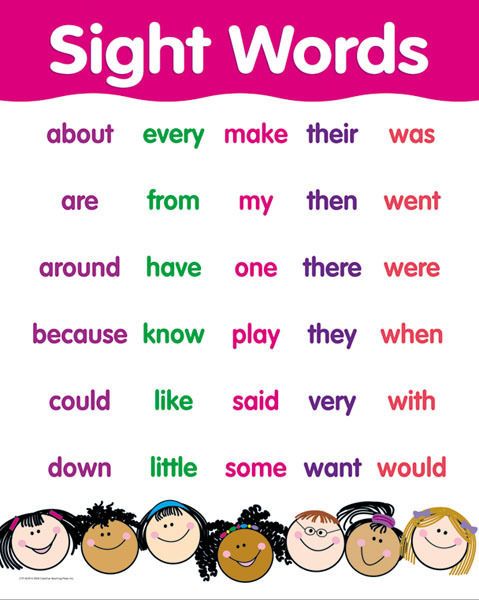
It will be interesting for children to read selected texts, they affect the emotional world of the child, develop his moral feelings and imagination . Children will get acquainted with the works of L. Tolstoy, K. Ushinsky, A. Barto, S. Mikhalkov, E. Blaginina, V. Bianchi, E. Charushin, A. Usachyov, E. Uspensky, G. Snegiryov, G. Oster, R. Rozhdestvensky, as well as fairy tales of different nations.
It is advisable to show children the genre features of poems, stories and fairy tales using the example of these works.
Fairy tale is a genre of oral fiction containing events unusual in the everyday sense (fantastic, wonderful or worldly) and distinguished by a special compositional and stylistic construction. In fairy tales there are fairy-tale characters, talking animals, unprecedented miracles happen.
Poem is a short poetic work in verse. The verses are read smoothly and musically, they have rhythm, meter and rhyme.